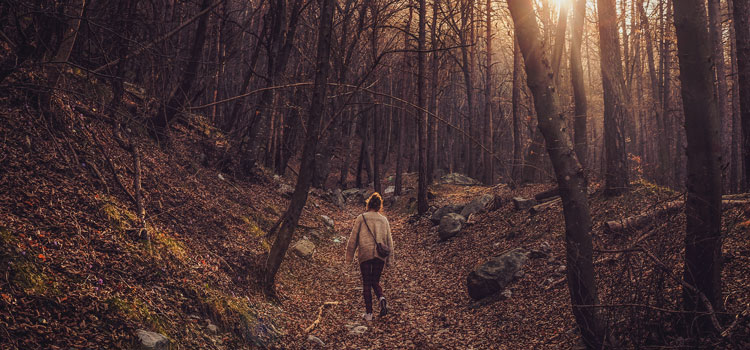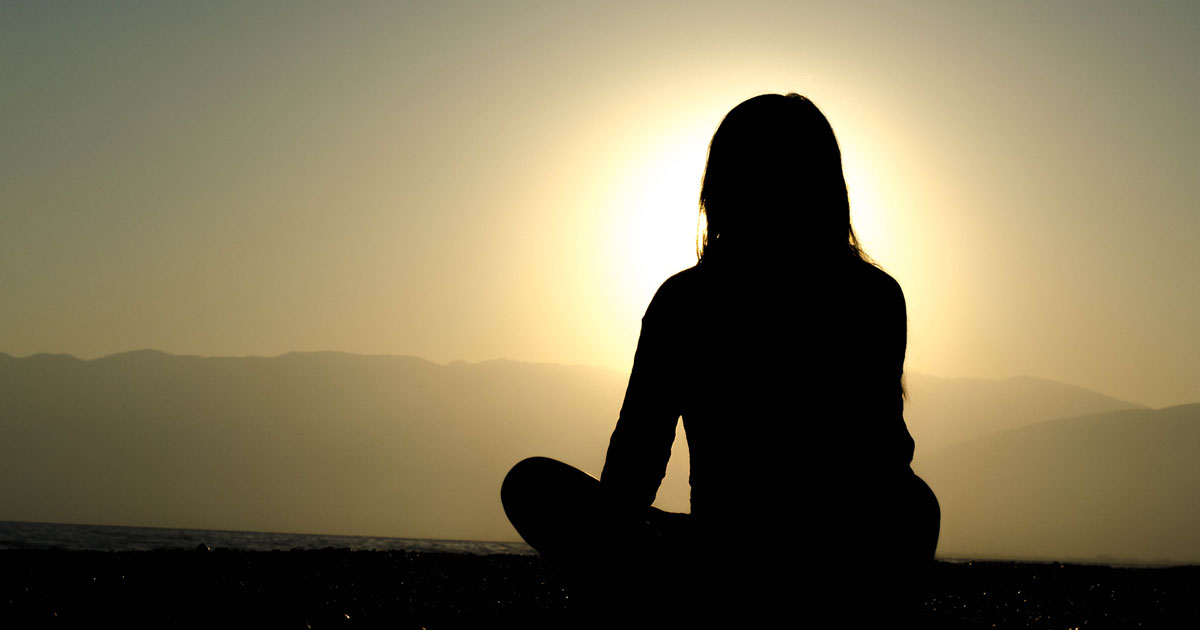Times are tough and overwhelming right now, and if you’re struggling to stay balanced, you’re not alone. This is where can can use mindfulness to strengthen resilience. It’s a strategy that can help you avoid becoming overwhelmed, which might be even more necessary these days.
You’re busy thinking about your camps, your staff, your campers, and how to plan for a variety of hard-to-predict situations. Mindfulness can help you focus on your needs and take action without letting every individual detail become overpowering. This can mean turning off the news to limit your exposure to every detail emerging about COVID-19. It can mean finding a peer or friend to vent to (or with). It can also mean allowing yourself to feel sad or challenged, and not just pushing away those feelings.
In addition to these small steps, here are some other mindfulness strategies you can use to reduce anxiety, stress, and social pressures.
1. Reading Mindfully

Sometimes all it takes to start incorporating mindfulness into your life is to make some personal space for yourself (early in the morning is a great time) and read a good book. Try titles that take you out of the current reality, and stay away from post-apocalyptic fiction, or true stories of disasters. Podcasts are a good option here too if you’re drawn to an audio medium. If you’d like to be in a more contemplative frame of mind, and dive deeper into the practice, you can read and reflect on books like Zen Mind Beginner Mind (which contains a wonderful guide to sitting posture), poetry by Rumi, or other mindfulness literature that intrigues you. Here’s a list of books about mindfulness to consider.
2. Building a Mindful Meditation Practice

Meditation is essentially a dedicated time to focus, let the world fall away, and help you find your balance. Bringing mindfulness to your life through meditation is called a “practice” because the process of fully incorporating it into your daily routine takes time and repetition. Everyone has to start somewhere, and meditation can help you prioritize your personal well-being during this stressful time. Starting with a few minutes a day can help you build a habit that will richly reward you for your time to as you use mindfulness to strengthen resilience. You can start meditating for longer when you feel comfortable and increase toward a goal as you continue the practice. There are tons of resources and guides online, and even apps (such as Headspace and Calm) that can help you get started.
If you don’t want to sit down and formally meditate every morning, reflect on what could work for you instead. Is it a contemplative walk first thing in the morning before anyone else is awake? Or maybe it’s writing in your journal at the end of the day. Ultimately, the key to making meditation work for you is to turn it into a habit that you can benefit from every day.
3. Responding to Aversion

There’s no question that as you work to prepare for the upcoming summer, which will likely look different than any other before it, you’re going to have to take on tasks that you don’t want to do. In the context of mindfulness and meditation this is known as aversion – that feeling when you’d just really rather not confront someone, not do something, or not even think about a task. When aversion rears its head, mindfulness can help. The most important thing to remember is that as you deal with pandemic-related stress, feeling aversion is okay – the next steps are recognizing it for what it is and identifying a path forward.
Try thinking about why the tasks at hand cause you to feel bad, and also about the opposite – times when you feel mostly happy and content. Understanding these positive circumstances, which allow you to push these thoughts away even temporarily, can help you recreate this same environment when you need to pause anxious or stressful thoughts. Then you can try and balance aversion by thinking good and positive thoughts. This doesn’t mean that you won’t have to face the tasks you’re not looking forward to, just that you can find time to push them from your mind and balance them with more hopeful feelings.
Mindfulness can help you focus on your needs and take action without letting every individual detail become overwhelming.
4. Taking Short Meditation Breaks Throughout the Day for Resilience

Mindfulness can take many forms, and can be as simple as sitting at your desk quietly with your feet grounded on the floor. Before you start, minimize distractions, like computer screens, or to-do lists. Set a timer on your phone for 2-5 minutes and sit. Notice your breathing: is it shallow, fast, slow, deep? It is perfectly fine, unavoidable even, for your thoughts to wander. If they do, simply notice and gently bring your mind back to watching your breath. The goal isn’t to banish your thoughts, but to recognize that you are more than just the items racing through your mind.
You can also consider daily tasks as avenues for mindfulness, helping you fit the practice into your busy schedule. This works well for activities like sweeping, cleaning, or organizing your office. As you do these tasks try to bring your mind and body together in the act so you’re not jumping ahead and thinking about about all the other things you have to do that day. You will realize that you can’t do them all at once, all the time, and this mindset can stay with you for the rest of the day.
5. Connecting With Nature as a way to Use Mindfulness to Strengthen Resilience

Spending time outside in nature is an excellent way to get a break from your routine, and to appreciate the beauty of the world around you. It can also help with your metal and emotional well-being. If you have access to quiet outdoor space, this can be as simple as going on a solo walk in the woods, or whatever activity you enjoy. As you spend time outside, notice your surroundings and stop to take in the scenery at different moments.
One specific form of mindfulness in nature is Shinrin-yoku, or “forest bathing.” This practice emerged in Japan in the 1980s as an antidote to overwhelming technology, rising anxiety, and to inspire people to connect with and care for Japan’s forests. It’s no secret that time spent in nature can help us de-stress, but studies have shown that forest bathing can significantly increase vigor and happiness while decreasing depression, fatigue, anxiety, and confusion.
Use Mindfulness to Strengthen Resilience in Tough Times
In times of stress, the better able you are to take care of yourself, the better you can do your job – and this resilience is what can help you adapt and adjust in the face of adversity. You can start small by incorporating one of the suggestions here, then try out a few and see what works best. In doing so, mindfulness can provide much-needed respite and help you get clarity to make decisions and respond to ever-changing circumstances.
You can also pass these strategies to other camp leaders, to your staff, and even to your campers, especially as they work to process the impact of COVID-19 on their lives over the last few months. Bringing mindfulness into your daily routine during the lead up to camp this summer will help you now during the pandemic, and beyond.
